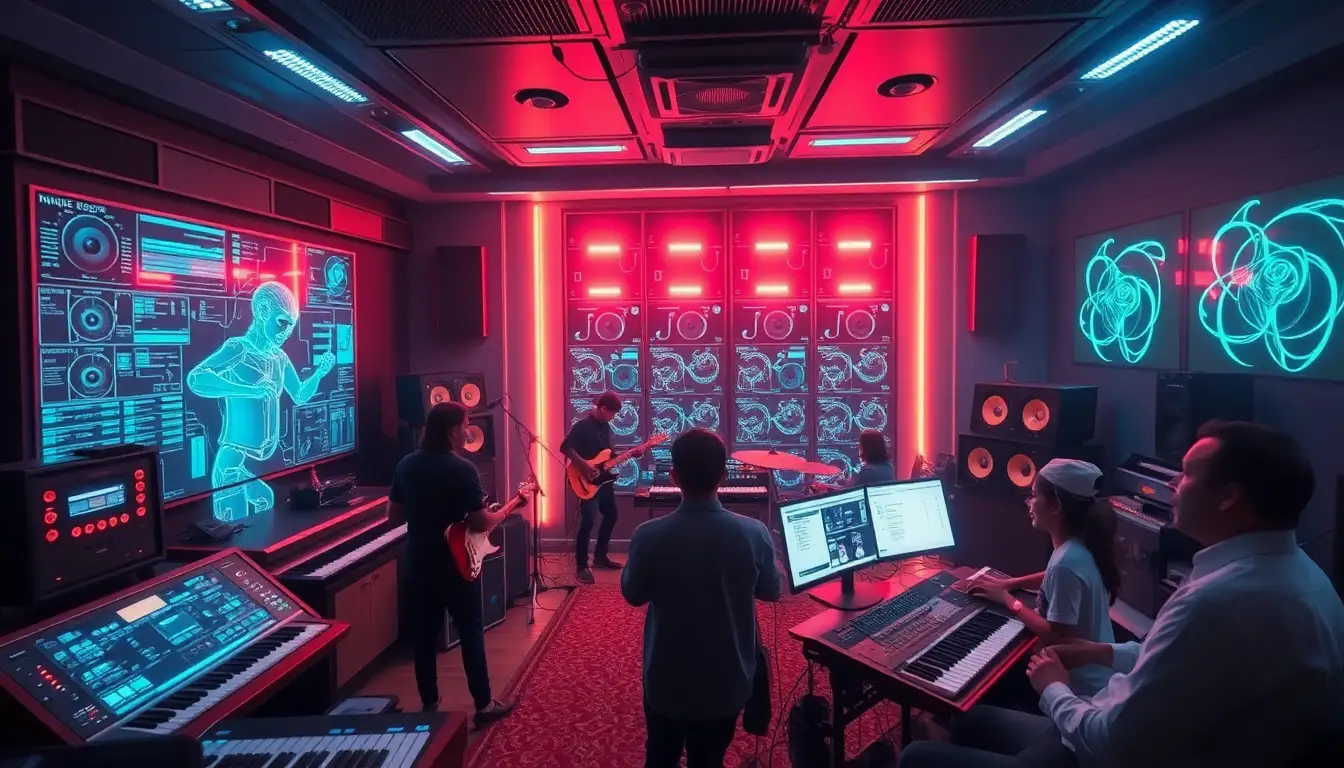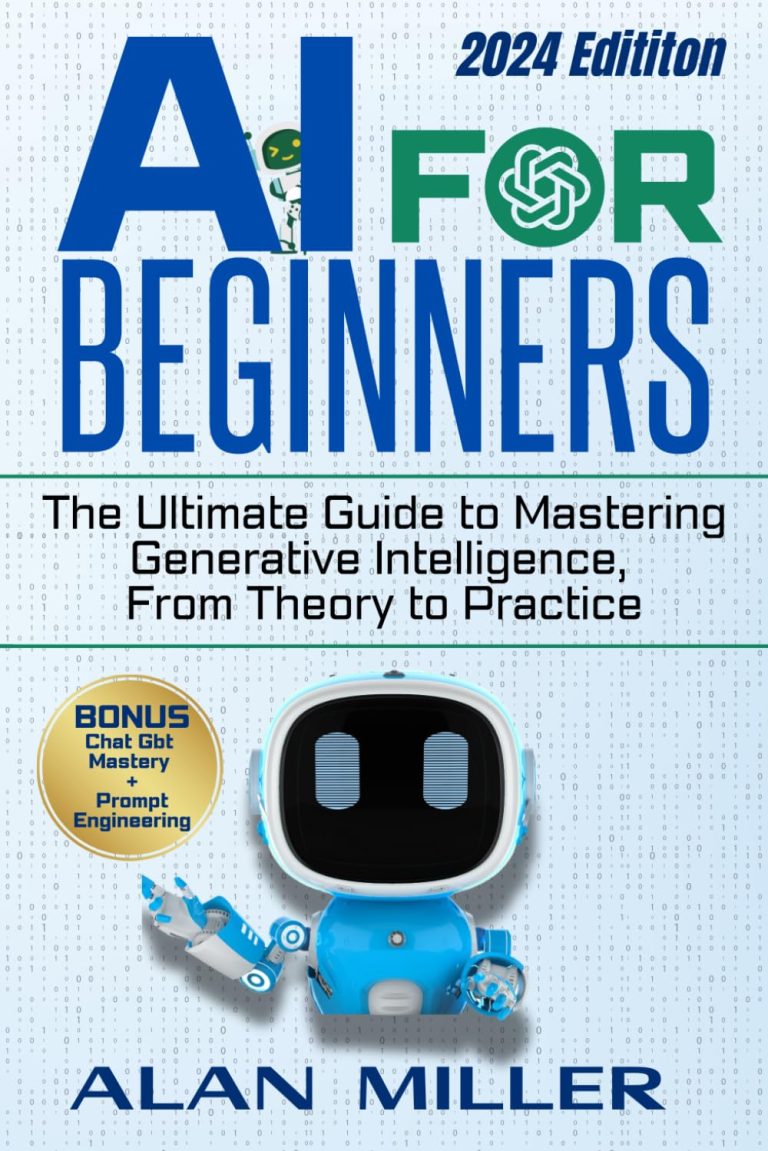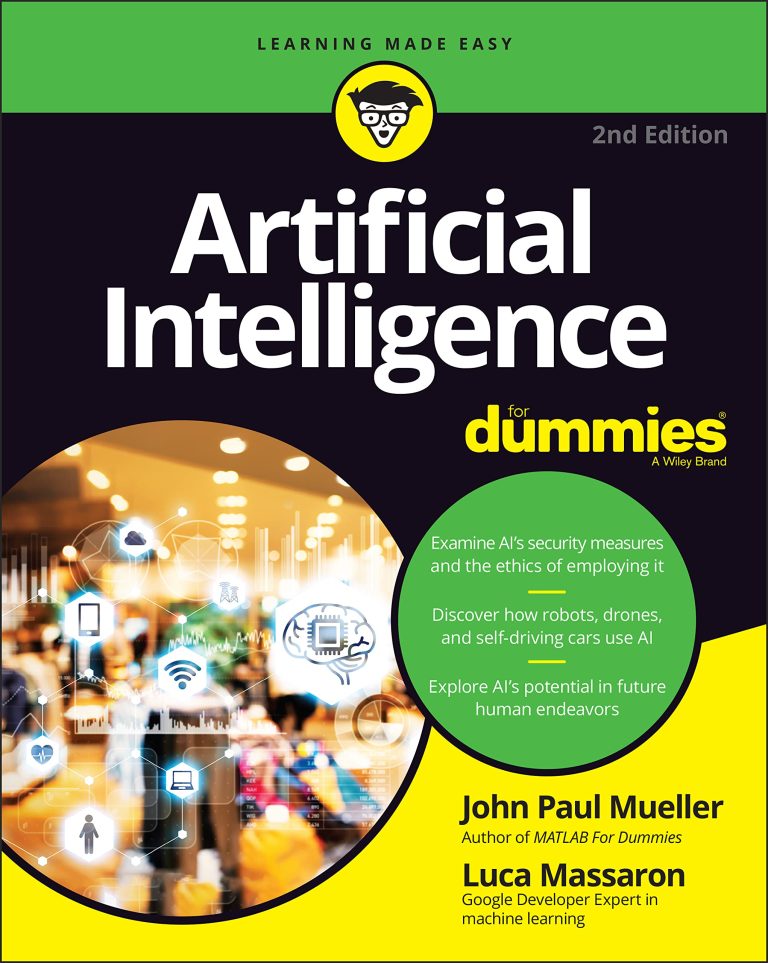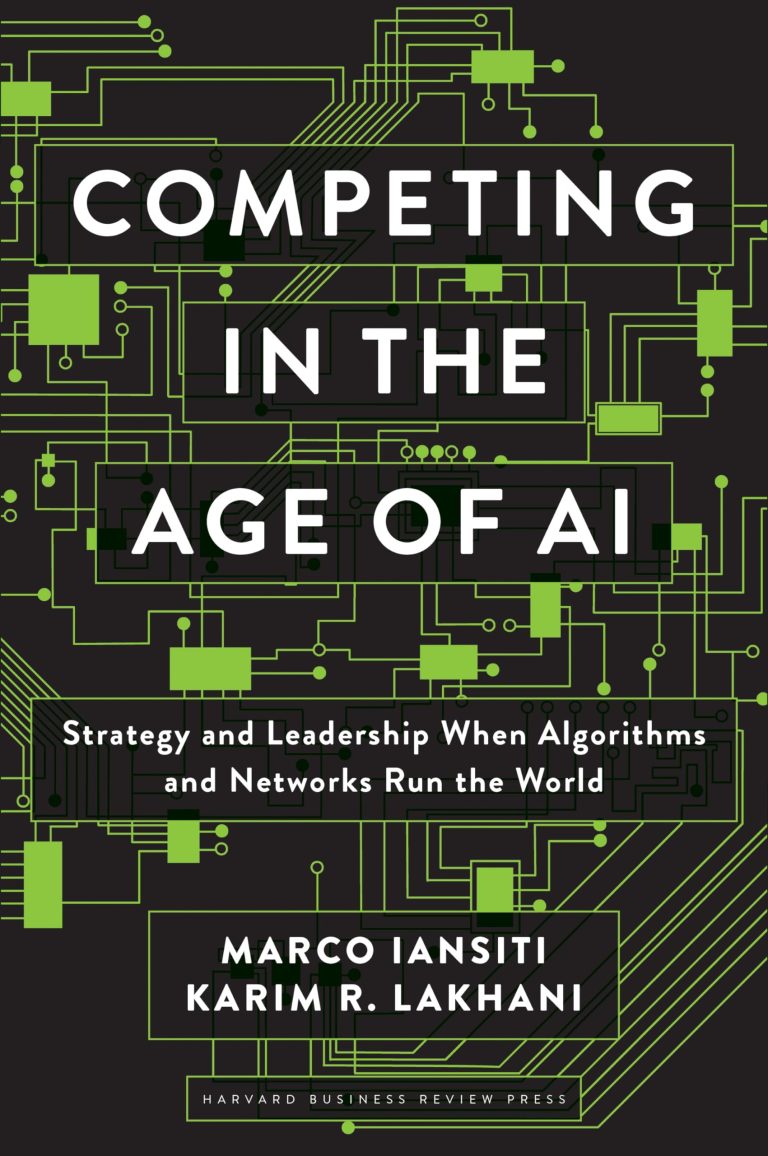
Now loading...
In a significant development for the music industry and artificial intelligence, Universal Music Group has reached a settlement in its copyright lawsuit against the AI music generation platform Udio. The agreement, revealed on the evening of October 29, paves the way for a joint venture to build an innovative platform for creating, enjoying, and streaming music, with a planned debut in 2026.
The deal encompasses licensing arrangements for both recorded tracks and publishing rights, which are expected to generate additional income streams for UMG’s roster of artists and songwriters. This resolution comes more than a year after the Recording Industry Association of America, representing the major labels including UMG, filed suit against Udio and rival AI firm Suno, accusing them of widespread copyright violations through unauthorized use of protected material to train their systems.
While UMG has now allied with Udio, it continues to press forward with legal action against Suno. Earlier this month, reports from the Financial Times suggested that record labels were on the verge of similar licensing pacts with AI developers, signaling a potential shift toward collaborative frameworks in this contentious space.
During the rollout of the new service, Udio’s current offerings will stay accessible to users, but within a controlled setup featuring safeguards like content fingerprinting and filtering to ensure compliance. The forthcoming subscription service promises users the ability to personalize tracks, stream them, and share creations all within a secure, licensed ecosystem designed to respect intellectual property.
Sir Lucian Grainge, UMG’s chairman and CEO, hailed the partnership as a testament to the company’s dedication to supporting its creative talent amid evolving tech landscapes. “These agreements underscore our resolve to prioritize artists and songwriters by innovating with new tools, crafting fresh revenue models, and exploring untapped opportunities,” Grainge stated. He expressed enthusiasm for partnering with Udio’s leadership to cultivate a thriving AI environment where musicians, publishers, tech innovators, and fans all benefit.
Andrew Sanchez, Udio’s co-founder and CEO, echoed this optimism, describing the collaboration as a breakthrough in blending AI with music production. “We’re excited to team up with UMG to transform how artificial intelligence enhances creativity for artists and listeners alike,” Sanchez said. “This alliance realizes our vision of harmonizing technology and the industry to honor creators while pushing the boundaries of musical expression and interaction.”
UMG positions this as a pioneering move, noting it as the first major player to forge AI partnerships with platforms like YouTube, TikTok, Meta, and others including KDDI, Klay Vision, BandLab, Soundlabs, and Pro-Rata. The settlement unfolds against a backdrop of heated debates over AI training practices, including recent accusations that Udio unlawfully harvested videos from YouTube for its datasets—a claim the company has contested in court filings.
These tensions echo broader legal battles, such as a recent ruling in a case against AI firm Anthropic, where a judge deemed the use of pirated books for model training as fair use in some aspects but not the initial unauthorized downloads. Udio and Suno have both sought to dismiss related YouTube allegations, arguing that accessing public videos doesn’t violate U.S. copyright provisions like the Digital Millennium Copyright Act, though label attorneys have pushed back, calling those defenses deeply flawed.
The UMG-Udio accord arrives shortly after reports indicated that Universal and Warner Music Group were close to finalizing deals with AI outfits to establish payment standards for licensed content. Udio itself emerged into the spotlight in April 2024, backed by investors such as Andreessen Horowitz, artists like will.i.am, Instagram co-founder Mike Krieger, and Google researcher Oriol Vinyals. The platform stems from work by former Google DeepMind engineers, aiming to make music generation instant and accessible.


